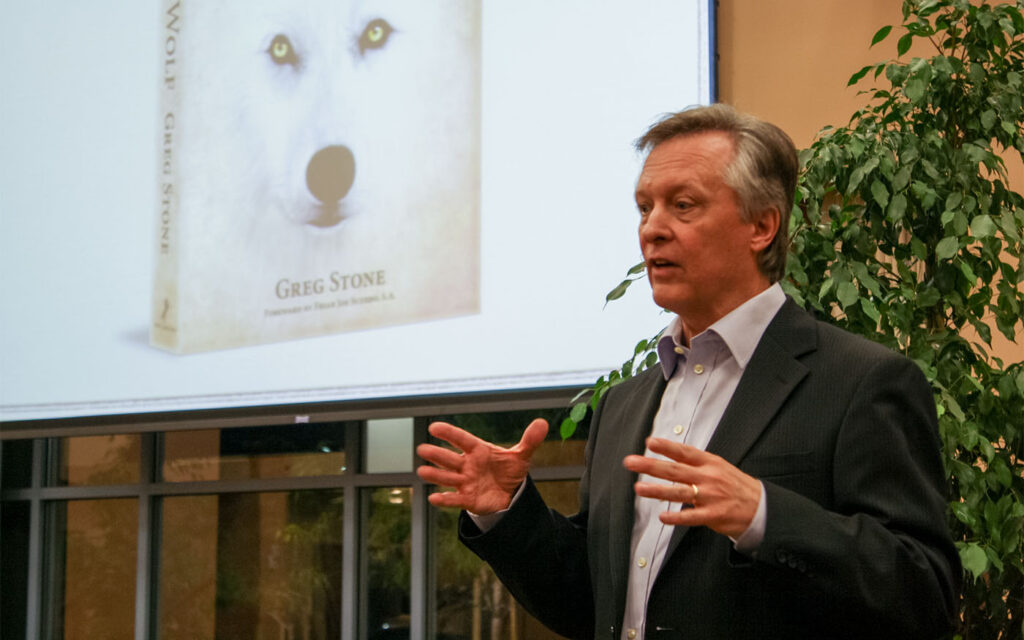Faith-Based Mediation
What is mediation?
Mediation facilitates a search for creative solutions to conflict. The process assists parties negotiate an agreement that restores relationship. It empowers parties to craft their own settlement outcome. Mediators are not judges. They do not render verdicts, but rather they facilitate creative problem solving.
Why would a person need mediation?
Often, when people experience conflict, they can sit down and resolve differences. On occasion, however, an impartial third party must help people overcome barriers to reconciliation. Some conflicts cannot be resolved without such outside assistance.
Does mediation work?
Mediation produces a higher level of satisfaction than other processes. Though mediation does not resolve all cases, a high percentage of mediations result in resolution. Mediation revolutionized the courts: less than 5% of filed lawsuits now go to trial, as, with a mediator’s help, a high percentage of cases settle.
Mediation is appropriate in many different settings and is not restricted to the “litigated case.” In fact, mediation is best convened before conflict escalates into litigation; the potential savings in time and money can be significant. Mediation success is more likely early in the life of a conflict, before significant money is spent in litigation and positions harden.
How does Taming the Wolf mediation differ?
Taming the Wolf delivers faith-based mediation. We adopt the insights of Franciscan spirituality, while benefiting from modern conflict resolution techniques.
What is faith-based mediation?
Faith-based mediation integrates the wisdom of faith into the dispute resolution process. Conflict becomes an opportunity for spiritual growth. A deeper and more lasting reconciliation results.
Must all parties express an interest in faith?
Parties with a mutual interest in matters of faith are more likely to realize success. However, having an agreed-upon faith is not a prerequisite. Those who profess no faith also benefit from this comprehensive approach to reconciliation. They often discover previously unexpressed concerns regarding spirituality.
Who is the primary mediator with Taming the Wolf Institute?
Greg Stone received his Masters in Dispute Resolution (MDR) from the Straus Institute for Dispute Resolution at Pepperdine University School of Law. He mediated cases in the Los Angeles and Ventura Superior Courts (small claims, civil limited and general jurisdiction, and civil harassment court.) In addition, he has mediated extensively within faith communities.
Is mediation only for individuals?
Mediation also works at the group level. Special mediation techniques, such as learning conversations, can help groups overcome impasse.
Will a mediator help me understand conflict resolution?
Mediators may serve as a conflict resolution coaches. You can ask them to coach you on applying your faith to ongoing conflict.
Is mediation expensive?
Typically a fee for mediation services is charged and the fee is split by the parties. Once a mediator is briefed on the conflict, she will estimate the costs. In most instances, mediation saves parties considerable expense when compared to alternatives.
Request a Mediation Consultation
You need not face difficult challenges alone, “For where two or three are gathered together in my name, there I am in the midst of them.” (Mt 18:20) Whether you’re managing conflict on your own or working with a lawyer we will help as you seek a spiritually transformative resolution.
To discuss mediation for your particular situation and set up a consultion:
- Call us at (469) 400-9376
- Email us at support@tamingthewolf.com
- Or use the form below:
